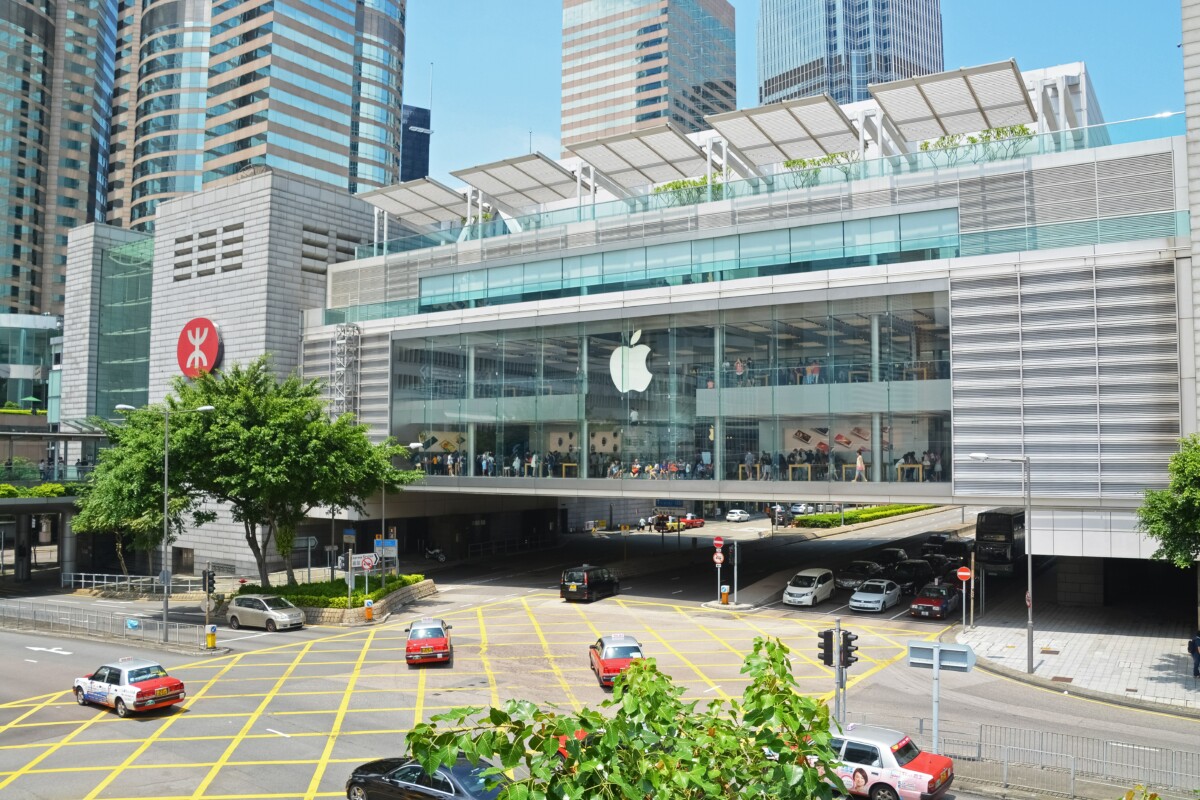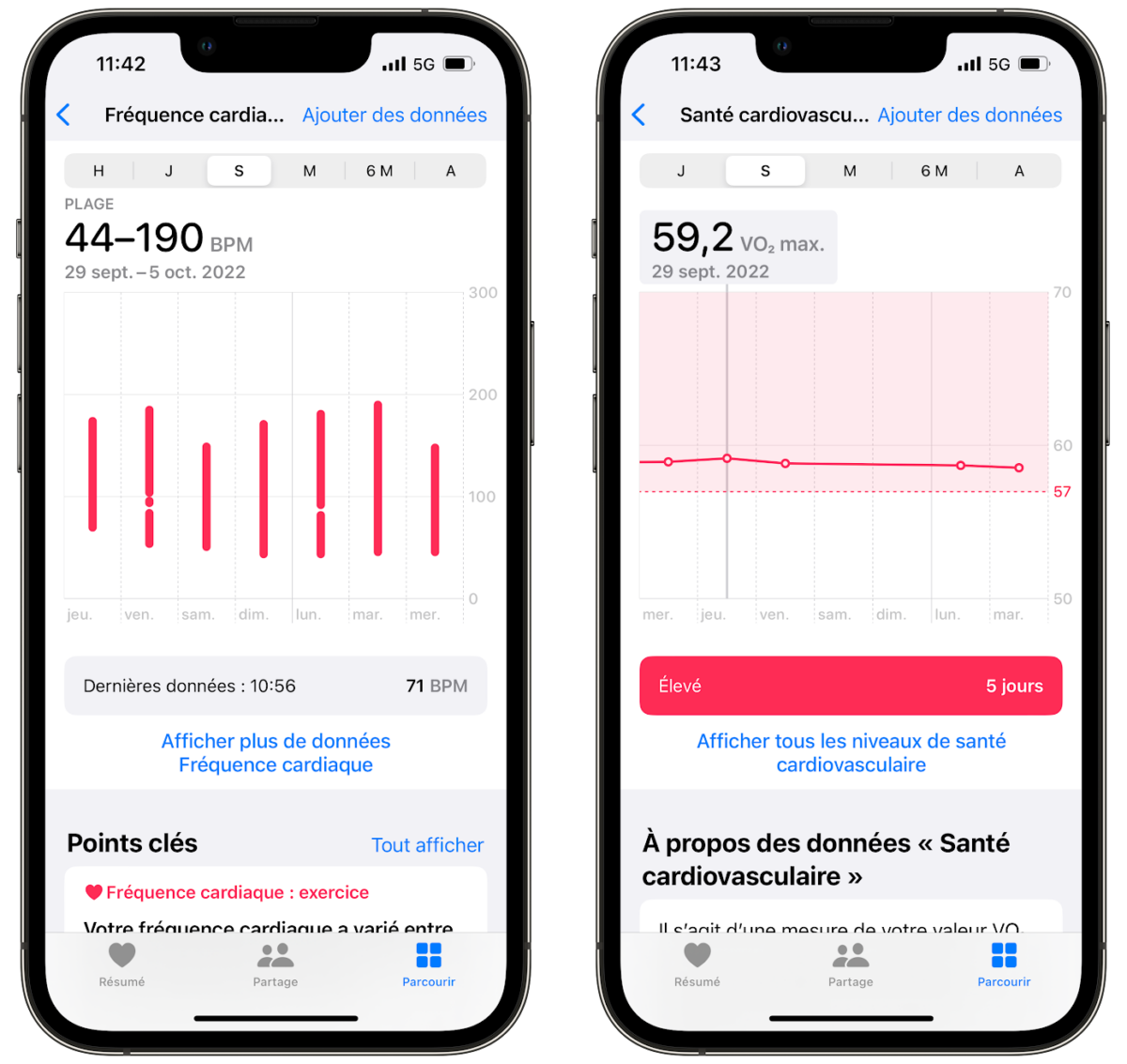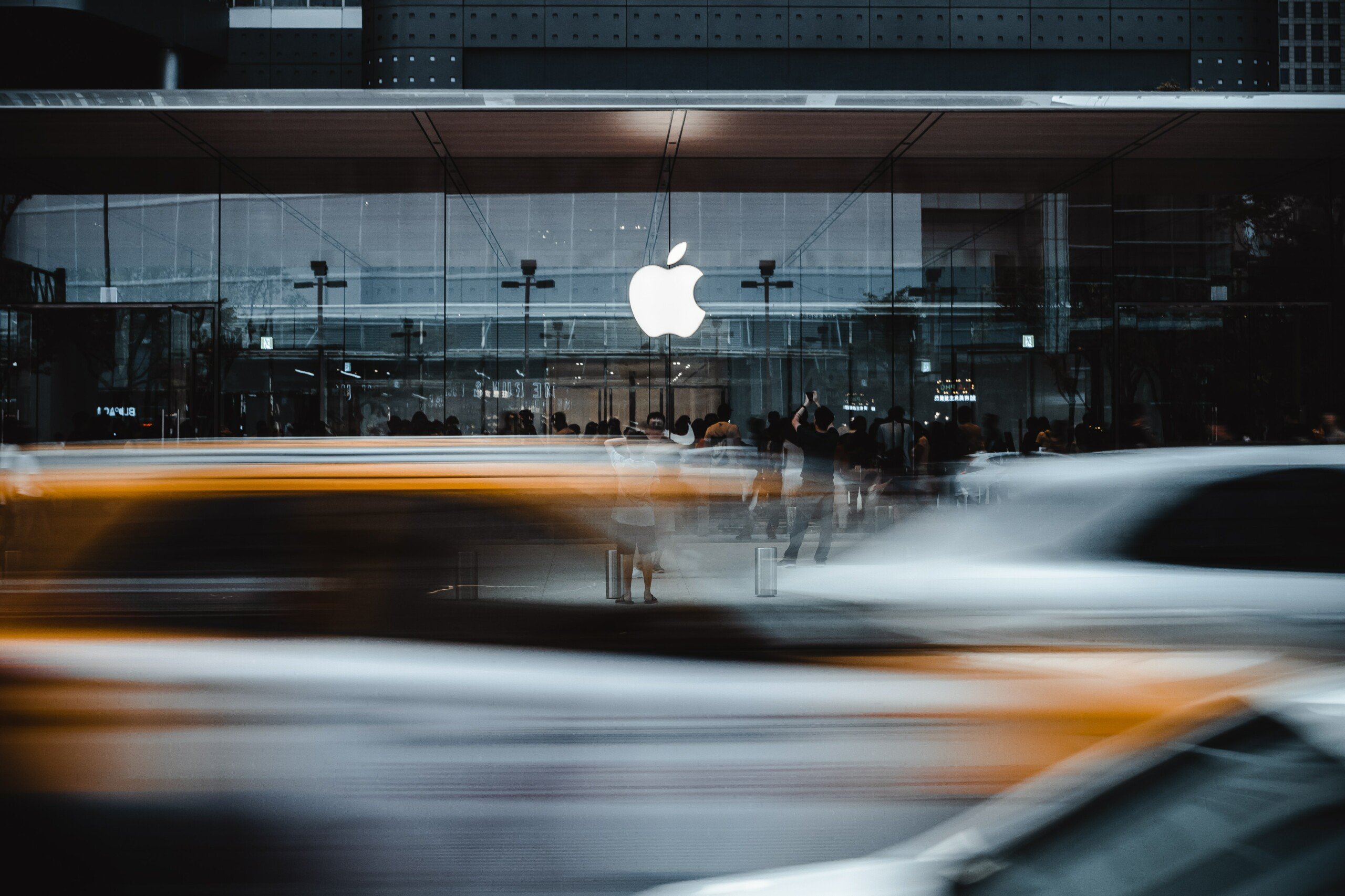According to “Bloomberg”, Apple has considered creating private clinics within its Apple Stores. The idea was to have health data from iPhones and Apple Watches evaluated by doctors for its customers. An idea that has been abandoned for several years.
Apple and health go back almost 10 years ago, with the arrival of the Apple Watch. In just a few years, the brand’s iPhone and connected watch have become tools for measuring health data. Step count, heart rate, body temperature, blood oxygenation, fertility planning: the scope is getting bigger and bigger. So much so that Apple would have liked to go even further, with private clinics.
Other revelations indicate that Apple is still working on a glucose sensor project, started in 2011 and initiated by Steve Jobs.
Health clinics in Apple Stores
The story is revealed by Bloomberg, alongside many other revelations, such as that of the Apple Watch which almost became compatible with Android smartphones. She reminds us that Apple offers clinics to its employees, but that the company would have tried to go further. Its health strategy was not led by just anyone: doctor Sumbul Desai was recruited in 2017 to manage these internal clinics. She was previously an associate chief medical officer at Stanford University.

Apple’s consumer concept was initially called Infinite Health. The company could have launched into medical care for the general public, with the construction of private clinics in large cities, particularly within Apple Stores. Echoing the refined style of its stores, Apple would have created spaces with medical equipment such as a blood pressure monitor without inflation. Doctors hired by the company could have examined health data collected by customer devices there. Enough to also fill the gaps in said devices. Apple had begun acquisition negotiations with clinic chains, such as Crossover Health (which took care of the company’s employees) or One Medical (bought by Amazon for $4 billion in 2023).
At Apple, this project would have been considered in the same way as the iPhone or the Apple Watch: a way to revolutionize a market. Tim Cook, however, was not completely convinced: the compromise found was to test these new generation clinics on his company’s employees. The latter were, in a way, guinea pigs, surrounded by doctors. However, the operation was very expensive: devices, salaries would have required overpriced offers, although the care was adequate.
Apple wanted you to chat with doctors remotely
Not all ideas would have been abandoned, however. Apple is reportedly considering HealthHabit, an app where users could chat with care coordinators, who can answer simple questions. However, the medical field covered seemed too limited to be interesting for Apple. Tested internally, the application would not have convinced employees: 3,500 users out of tens of thousands of potential users.

According to information from Mark Gurman and Drakae Bennett, doctors complained, blaming “ to leaders for presenting incorrect medical information in meetings and then reprimanding colleagues who contradicted it. » The concept would however have been avant-garde: the coronavirus pandemic has accelerated the number of medical teleconsultations due to health restrictions.
On the other hand, Apple could keep some ideas from these clinics. With the Vision Pro, glasses wearers may need corrective lenses: in any case, this is what happened during the tests offered to journalists last June, as told Numerama when using the Vision Pro. We can imagine that Apple offers ophthalmology tests to its customers in store, so that they have suitable lenses.
